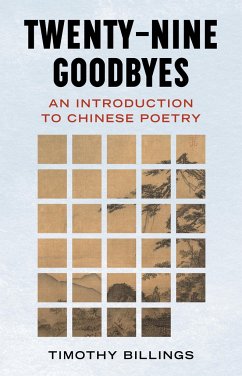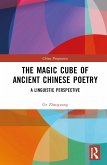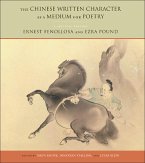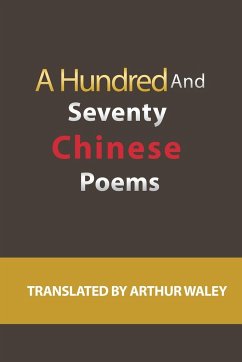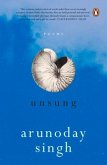An engrossing, witty introduction to classical Chinese poetry through twenty-nine translations of a single poem "Critically acute and compulsively readable, Twenty-Nine Goodbyes offers an illuminating introduction to Chinese poetry and poetics through the shifting lens of translation. Billings's 'cubist collage' of renderings of a famous parting poem by Li Bai is equally a meditation on the challenges--and the pleasures--of translating the untranslatable, all conveyed in a vibrant, colloquial teacherly voice. Readers will close this book with a sense of parting from a newly found old friend."--David Damrosch, author of Around the World in 80 Books "Timothy Billings's introduction to Chinese poetry through twenty-nine reinventions of a single Li Bai poem is a tour de force of literary analysis, multilingual erudition, and the blended pleasures and frustrations of reading poetry in translation. This lively, accessible, and often funny introduction will enlighten newcomers and scholars alike."-- Anna Shields, Princeton University "More than just an excellent primer in classical Chinese poetry (which it is), Twenty-Nine Goodbyes shows how Chinese poetry and Anglo-American poetic traditions intertwine. Bristling with detail and poetic insight, the book shows what it means to translate between languages and traditions, and more importantly, what it means to make poetry. A gem of a book."--Ming Xie , University of Toronto "A great and important and very much needed book"--Eric Hayot, author of Humanist Reason: A History. An Argument. A Plan >A primer for those with no previous knowledge of Chinese, this book introduces readers to the fundamentals of classical Chinese poetry through twenty-nine ways of understanding a single poem. "Seeing Off a Friend," by the great Tang poet Li Bai (701-762) has long been praised for its vividness, subtlety, and poignancy. Anthologizing twenty-nine translations of the poem, Timothy Billings not only introduces the poem's richness and depth but also the nuanced art of translating Chinese poetry into European languages. A famous exemplar of "seeing off poetry," which was common in an empire whose literati were continually on the move, Li's poem has continued to fascinate readers far removed from its moment of composition, from the Victorians, to Ezra Pound, to contemporary translators from around the world. In talking us through these linguistic crossings, Billings unpacks the intricacies of the lüshi or "regulated verse poem," a form as pivotal to Chinese literature as the sonnet is to European tradition. This book promises to transform its readers, step-by-step, into adept interpreters of one of the most significant verse forms in Chinese literary history. Billings's engaging teaching style, backed by a lightly worn but deep scholarly engagement with Chinese poetry, makes this work an indispensable guide for anyone interested in poetry, translation, or the cultural heritage of China. Timothy Billings is Professor of English and Comparative Literature at Middlebury College, where his expertise spans classical Chinese literature and Shakespeare. Billings has edited and translated three award-winning critical editions that draw upon Chinese sources: Victor Segalen's Stèles /古今碑錄 (with Christopher Bush); Matteo Ricci's Essay on Friendship/交友論 One Hundred Maxims for a Chinese Prince; and Ezra Pound's Cathay 耀. His work bridges the gap between Eastern and Western literary traditions and enriches the study and appreciation of classical Chinese poetry and its influence on global literature.
Hinweis: Dieser Artikel kann nur an eine deutsche Lieferadresse ausgeliefert werden.
Hinweis: Dieser Artikel kann nur an eine deutsche Lieferadresse ausgeliefert werden.

